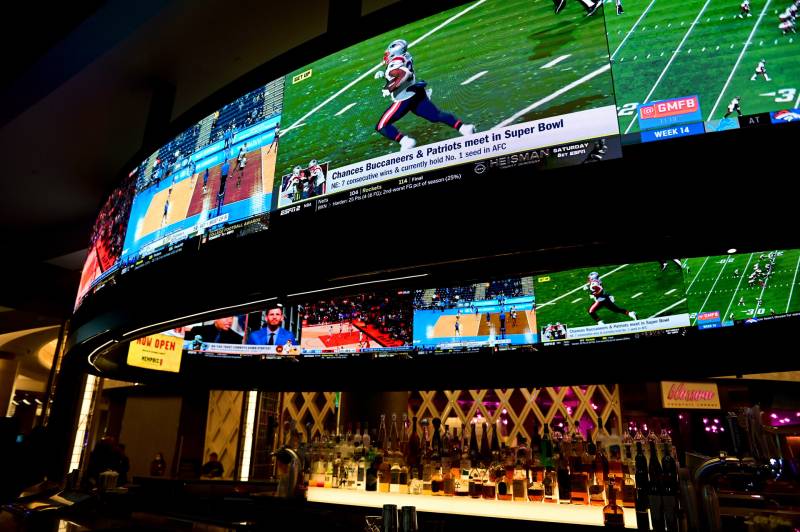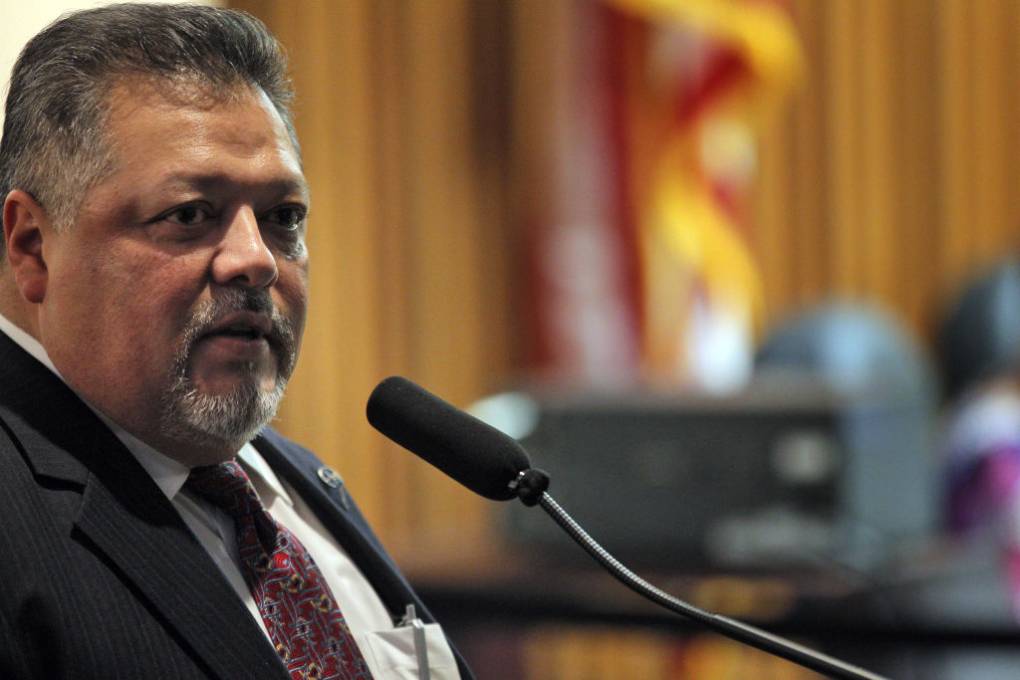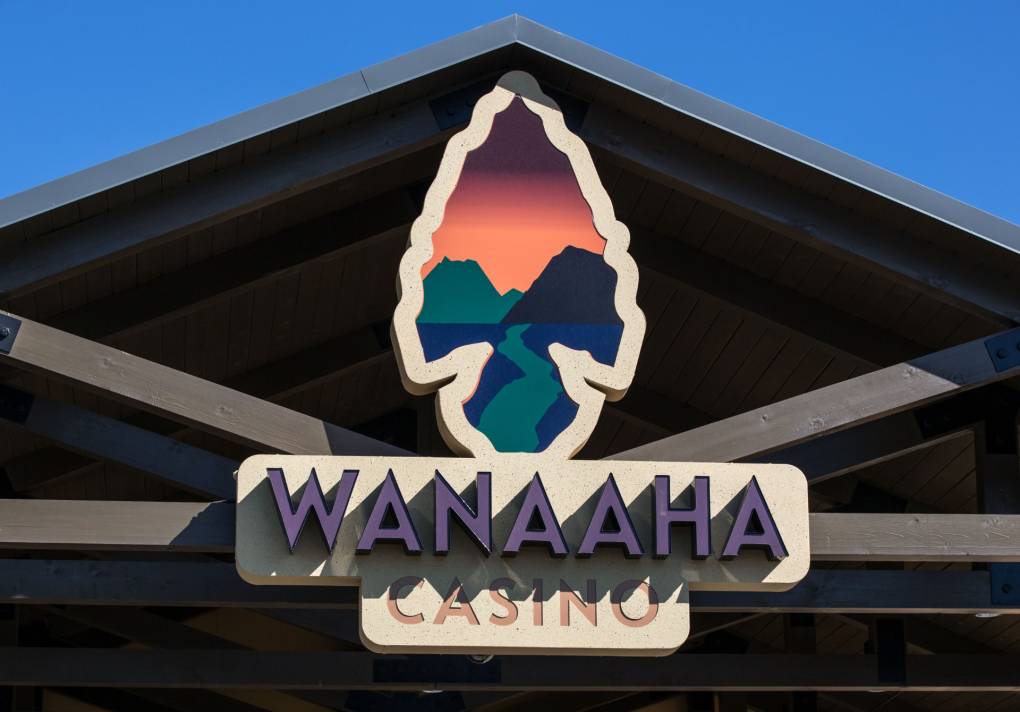The gaming industry and Native American tribes raised hundreds of millions of dollars to capture a piece of a potential billion-dollar market in the nation’s most populous state, inundating Californians with a blast of advertisements.
The money raised and spent more than doubled the record amount spent in 2020 by Uber, Lyft and other app-based ride-hailing and delivery services to prevent drivers from becoming employees eligible for benefits and job protection.
Still, preelection polls showed that both ballot measures faced an uphill fight to win a majority.
After Labor Day, the campaigns supporting both initiatives largely folded their cards. Spending tailed off, and executives of the top betting companies signaled that legalization would likely have to wait until 2024.
More than 30 other states allow sports betting, but gambling in California is currently limited to Native American casinos, horse tracks, cardrooms and the state lottery.
Despite the avalanche of spending, voters never seemed all that invested in the fate of sports betting. The measures gained little support in public polling throughout the campaign, and an October survey from the Public Policy Institute of California found that just 21% of likely voters thought the result of the vote on Proposition 26 was "very important," with 31% of likely voters saying the same about Proposition 27.
Now the debate will likely head back to the Legislature, where the same competing forces quashed potential compromises on the sports betting issue over the last two years.
The initiative was being promoted for the funding it promised to funnel through tax revenues to help the unhoused, those with mental illness and and tribes that haven't been enriched by casinos.
The nonpartisan Legislative Analyst’s Office found that both initiatives would increase state revenues, but it was unclear by how much. Proposition 26 could bring in tens of millions of dollars while Proposition 27 could bring in hundreds of millions, the office said.
However, that revenue could be offset if people spend money on sports gambling instead of shopping or buying lottery tickets.
Gov. Gavin Newsom didn't take a position on either proposal but said Proposition 27 was “not a homeless initiative.”
The California Republican Party opposes both proposals. State Democrats oppose Proposition 27, but are neutral on Proposition 26. Major League Baseball backs Proposition 27.



